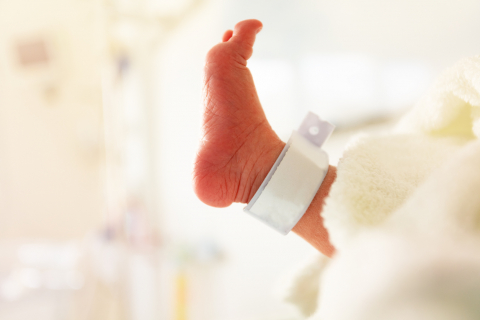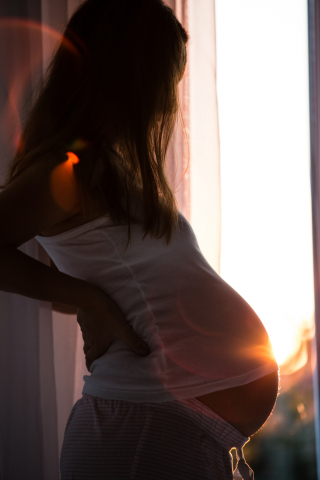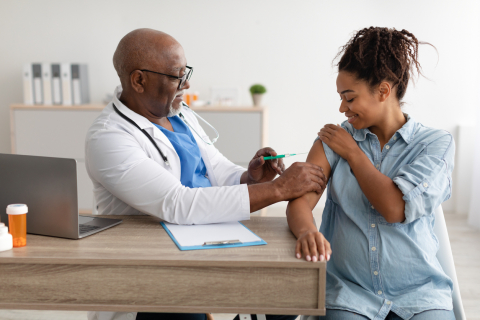Awareness of birth defects across the lifespan helps provide individuals, parents, and families affected by birth defects the information they need to seek proper care. Join the Centers for Disease Control and Prevention in the nationwide effort to raise awareness of birth defects and their impact on individuals, parents, and families.

Avoid smoking cigarettes.
The dangers of smoking during pregnancy include preterm birth, certain birth defects (cleft lip or cleft palate), and infant death.
Learn how the Baby & Me Tobacco Free program partners with local agencies to work to eliminate tobacco use by low-income, pregnant, and postpartum birthing people using diaper vouchers as an incentive. >> Read Insight

Avoid marijuana and other drugs.
Substance use during pregnancy can have health effects on a pregnant person and may be linked to poor fetal growth, preterm birth, stillbirth, and specific birth defects.
Watch a webinar highlighting Oklahoma's collaborative approach to supporting infants and families affected by prenatal substance use, including the partnership with the Oklahoma Perinatal Quality Improvement Collaborative, the Department of Mental Health and Substance Abuse Services, and the Department of Human Services. >> Watch Webinar

Download a poster developed by the NYSDOH to display in your office with answers to FAQs.
Prevent infections from COVID-19 and the flu.
Some infections that a woman might get during pregnancy can be harmful to the developing baby and can even cause birth defects. Pregnant and recently pregnant people are more likely to get severely ill with COVID-19 compared with those who are not pregnant. The American College of Obstetrics and Gynecology (ACOG) strongly recommends that all eligible persons receive a COVID-19 vaccine or vaccine series, depending on the product.
Share this helpful brochure developed by The New York State Department of Health (NYSDOH) to help educate about COVID-19 vaccines while pregnant.
>> Share Brochure
